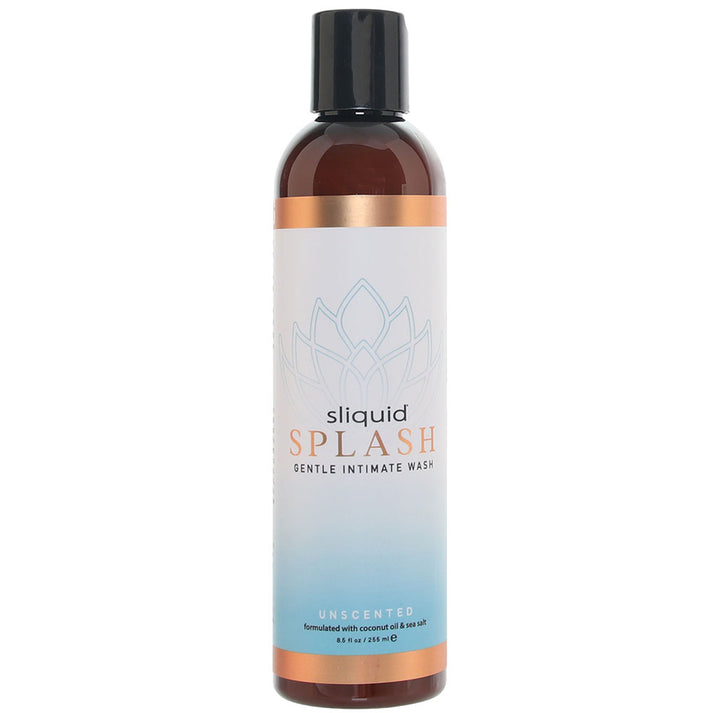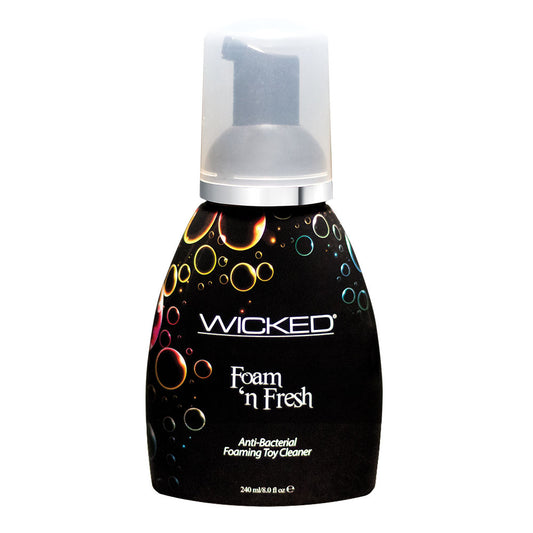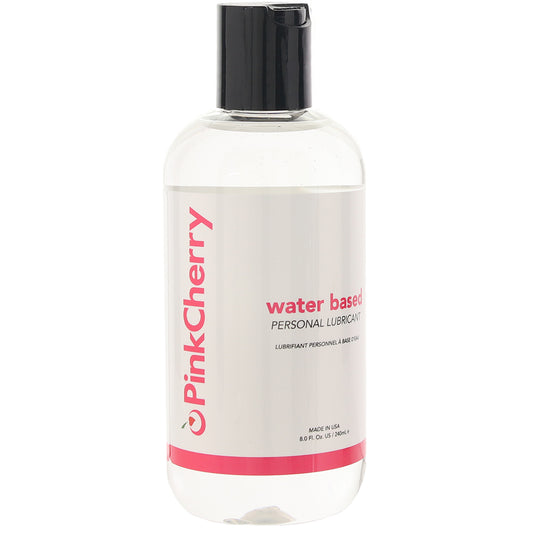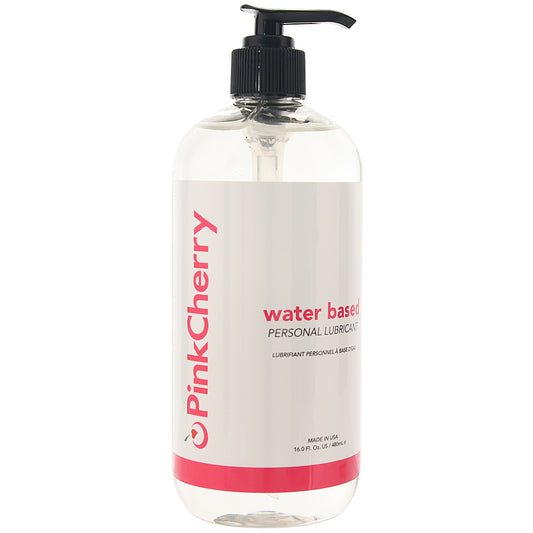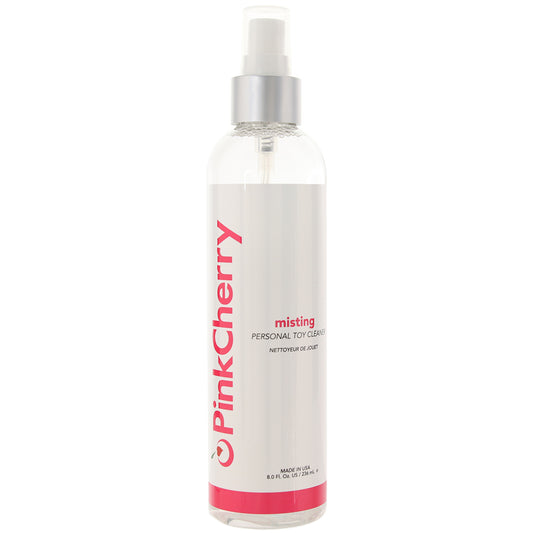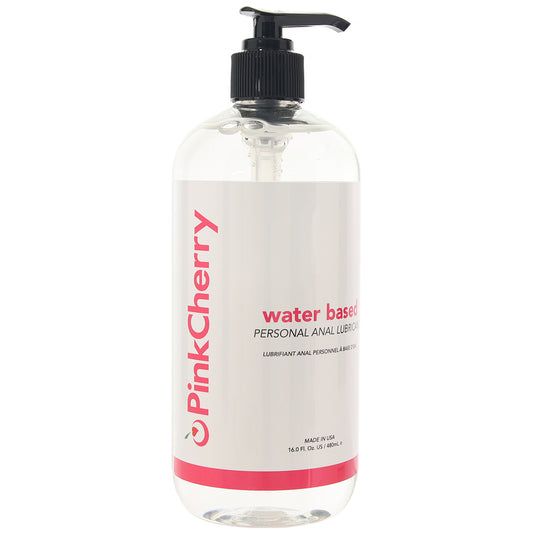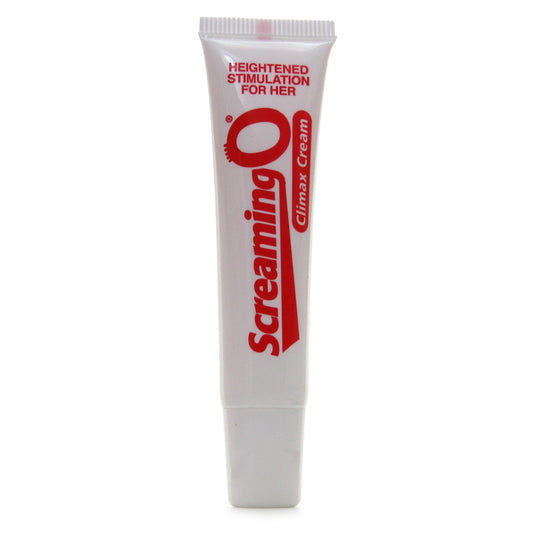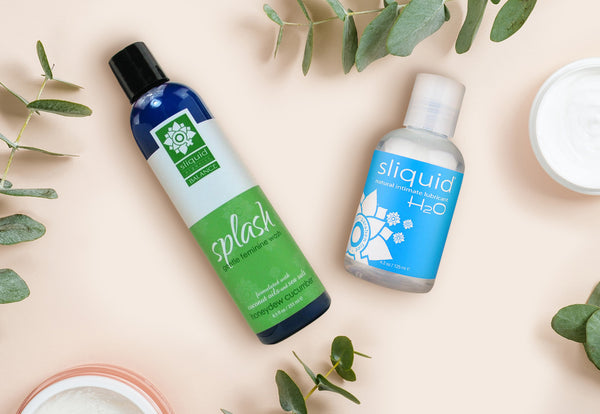
Hey, vagina owners! Quick poll: How many of you are on top of your vaginal health and feminine hygiene? If you're not currently shouting "Heck yes, I am!" then we need to talk.
Your intimate bits go through a lot. They come into contact with urine, discharge, sweat and period blood. On top of that, they're not usually the most well-ventilated body parts, unless you're an exhibitionist, in which case — rock on! Because of these factors, you need to handle your feminine hygiene with care. The following are some tried-and-true rules to keep your vagina happy and healthy!
1. Maintain A Healthy Diet
Yes, we know. You've been told to eat a healthy diet since before you can remember. But it really is true. A balanced and nutritious diet is not only good for your body, but it's incredibly good for your overall vaginal and reproductive health. Probiotic foods like yogurt can help combat yeast infections, and cranberry supplements are good for those who are prone to urinary tract infections.
2. Keep Things Sanitary
We're getting into the weeds here, folks! After a bowel movement, always wipe from front to back. One more time for those in the back: ALWAYS WIPE FRONT TO BACK. This will minimize your risk of bacterial contamination and bladder infection. While this may seem like common sense, you'd be surprised by how many people don't actually know this one.
In addition, you especially want to follow good feminine hygiene during your period. This means cleaning out your menstrual cup or changing sanitary pads and tampons regularly. If you opt to wear panty liners to absorb normal vaginal discharge, just be sure to change them frequently. Keep in mind: if you wear them all the time, you may experience vulvar irritation.
3. Practice Safe Sex
Using condoms during sex will help protect against sexually transmitted infections (STIs) and diseases. Always change condoms when switching between oral, anal and vaginal sex. In addition to this, avoid sharing sex toys with your partner to prevent the spread of STIs and promote overall feminine hygiene.
4. Use Lube
Vaginal lubrication often occurs naturally when the owner of said vagina owner becomes aroused — but this isn't always the case. For any number of reasons, some women simply don't produce enough natural lubricant and can wind up irritating or chafing the skin of the labia and vagina. To combat this, use a lubricant to reduce friction and enhance the experience. A few things to note:
- When using condoms for protection, avoid oil-based lubes as they're known to break down the latex in condoms.
- Some lubes can interfere with sperm, making it difficult to conceive. If you're trying to get pregnant, opt for a pH-balanced lube, like those available from Sliquid.
- Silicone-based lubes generally last longer than water-based formulas.
- If you're not trying to get pregnant and are using a form of birth control other than a condom any good silicone or water-based lubricant will be just fine for regular use.
5. Protect Your Vaginal pH Balance
Your vagina is a self-cleaning machine in that it cleans itself with discharge. Because of this, you don't need to use any products like scrubs or douches as they can alter the pH levels in your vagina, leading to irritation and infection. What does this mean? It means do not attempt to clean the inside of your vagina.
The best way to clean the vulva (outer vaginal area) while bathing is by using a gentle, unscented soap or feminine hygiene products that are pH-neutral. If you are going to use any type of hair and skincare product down there, please make sure they're hypoallergenic and pH balanced. We suggest using your hand to gently wash the labia and all the folds of the vulva with a gentle feminine wash. Then, be sure to rinse thoroughly with water and dry well.
6. Visit Your Doctor For Regular Preventive Care
If you're not already, you need to regularly visit your gynecologist or primary care physician — it's crucial to maintaining your vaginal health. Your doctor can easily diagnose diseases and disorders that harm your reproductive system. It's also important to have regular gynecological exams and Pap smears.
You should also get tested for STIs on a regular basis, no matter your situation. But this will depend on your doctor's recommendation and your risk factors. STIs aren't always symptomatic, so it's very possible you picked one up prior to entering a monogamous relationship and never even noticed it. With STIs, detection is critical. If left untreated, some can lead to pelvic pain and fertility issues. So, be sure to stay on top of your STI testing.
7. Properly Treat Infections
The most common types of vaginal infections are bacterial vaginosis, yeast infection and trichomoniasis. Treating these infections is extremely important as leaving them untreated can lead to painful, unpleasant and serious reproductive health problems down the line. As part of your feminine hygiene routine, keep an eye on your vaginal discharge. If the consistency, color and smell are off, it can often be a good indicator that something is amiss down south.
- A type of vaginal inflammation, bacterial vaginosis is caused by an overgrowth of bacteria in the vagina. Symptoms include thin gray, white, yellow or green vaginal discharge, a "fishy" vaginal odor, burning during urination and vaginal itching. See your doctor if you have any of these symptoms.
- A yeast infection is a fungal infection. Symptoms include irritation, discharge and intense itchiness of both the vagina and the vulva. Does your discharge resemble cottage cheese? That's often a sign of a yeast infection. If you're prone to yeast infections and can recognize the symptoms, you're usually OK to self-treat using over-the-counter medication. But if the symptoms don't dissipate, see your doctor immediately.
- Trichomoniasis is a common sexually transmitted disease (STD) caused by a parasite. If you have trichomoniasis, your vaginal discharge will appear green, gray, yellow or white and will usually have a foul smell. While symptoms may vary, most can't tell they are infected. This is why it's so imperative to visit your primary care physician or gynecologist regularly.
8. Choose Your Clothing Carefully
Your vagina should always be clean and dry. Some fabrics and tight-fitting clothing can create the perfect conditions for a yeast infection: warm and moist — if that sounds unappealing, it's because it is! To avoid yeast overgrowth, stick to breathable cotton underwear and always change out of sweaty clothes or wet swimsuits as quickly as possible. If you're regularly experiencing discharge or dampness throughout the day, change your underwear more frequently to avoid infection and discomfort.
Treat Your Vagina the Right Way with a Little Help from PinkCherry
At PinkCherry, we know how important your health is. It's why we carry premium products that are not only safe, but fun to use! From innovative feminine hygiene products and hybrid lubricants to women's massage oils and bath products, we carry everything you need to ensure you're confident and comfortable, no matter what. Curious if our products are right for you? Reach out today — we're happy to help.


